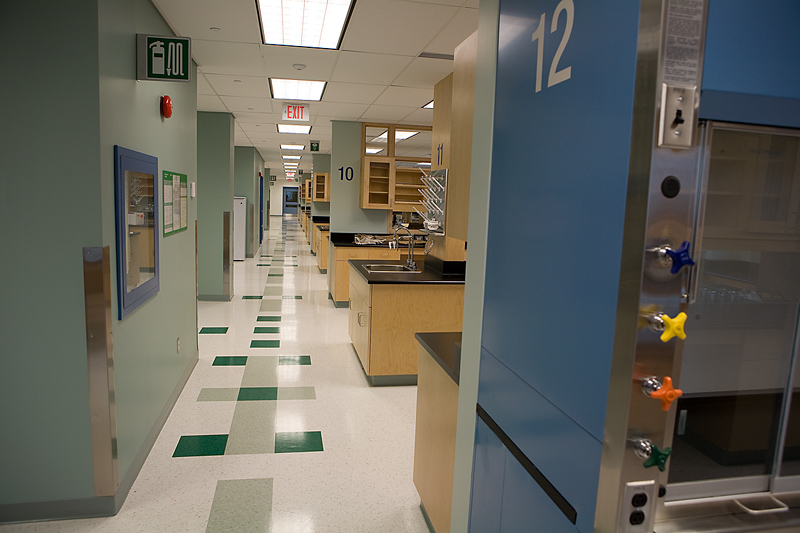
WEDNESDAY, Feb. 23 (HealthDay News) — New research suggests that diagnosing Alzheimer’s disease and other forms of dementia is not always clear-cut, raising the possibility of misdiagnoses among many seniors.
The finding is based on an analysis of brain autopsies, which found that roughly half of those who had been diagnosed with Alzheimer’s before death did not, in fact, show evidence of the right degree of brain lesions to support the diagnosis.
“Diagnosing specific dementias in people who are very old is complex, but with the large increase in dementia cases expected within the next 10 years in the United States, it will be increasingly important to correctly recognize, diagnose, prevent and treat age-related cognitive decline,” study author Dr. Lon White, of the Kuakini Medical System in Honolulu, said in a news release from the American Academy of Neurology.
The findings, which were released Feb. 23, are scheduled to be presented April 13 at the academy’s annual meeting in Honolulu.
The researchers autopsied the brains of 426 Japanese American residents of Hawaii who had been, on average, 87 years old when they died. About half had been diagnosed with some form of dementia, typically Alzheimer’s.
Among those whose brain lesion profile did not confirm an Alzheimer’s diagnosis, the investigators did uncover evidence of other forms of dementia, including Lewy body dementia, vascular dementia, generalized brain atrophy and a range of non-specific forms.
The chances of a misdiagnosis, the researchers found, appeared to rise with the patient’s age.
“Larger studies are needed to confirm these findings and provide insight as to how we may more accurately diagnose and prevent Alzheimer’s disease and other principal dementing disease processes in the elderly,” White noted.
Experts note that research presented at meetings has not been subjected to the same type of rigorous scrutiny given to research published in peer-reviewed medical journals.
More information
The U.S. National Institute of Neurological Disorders and Stroke has more on dementia.

